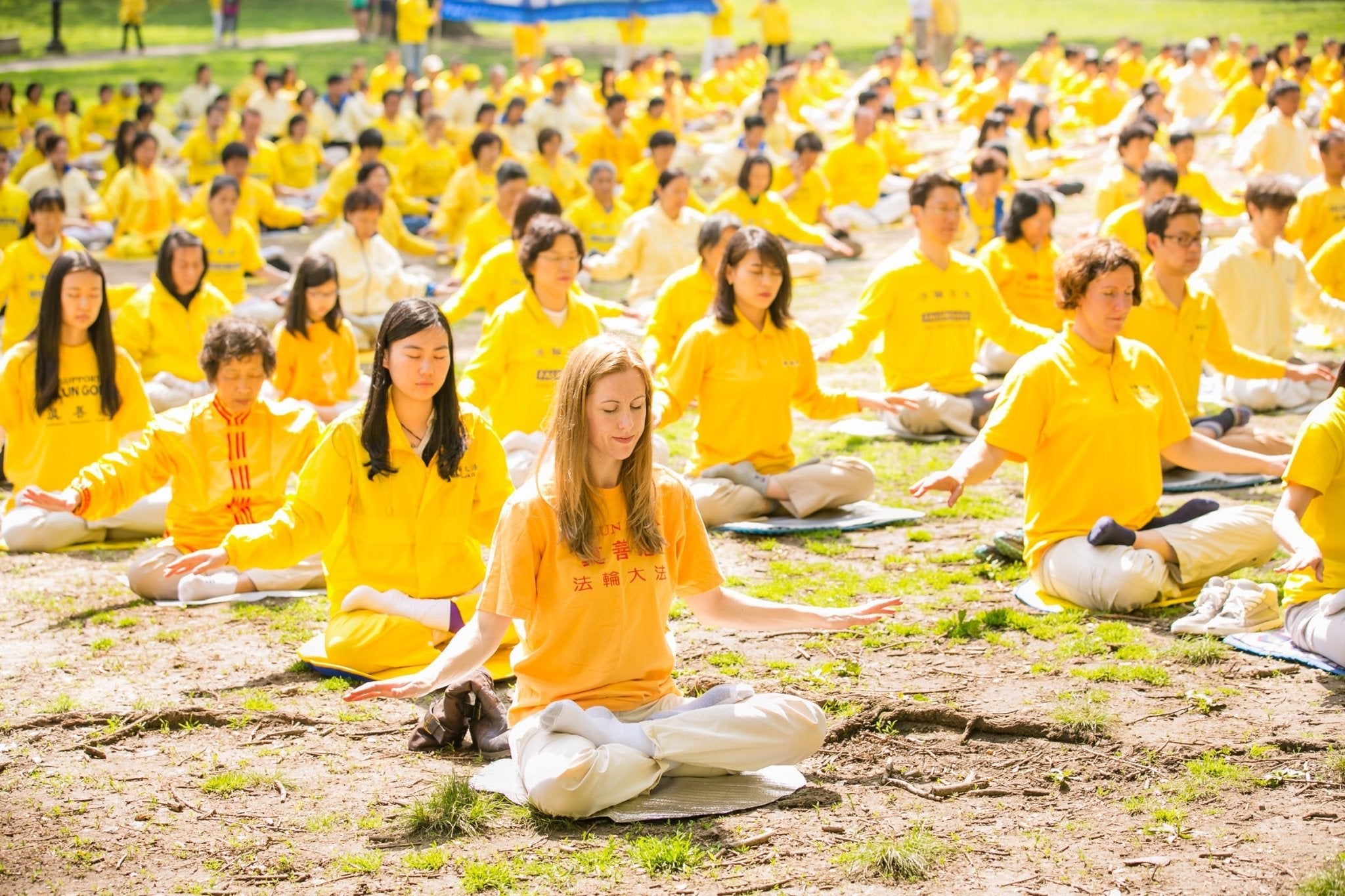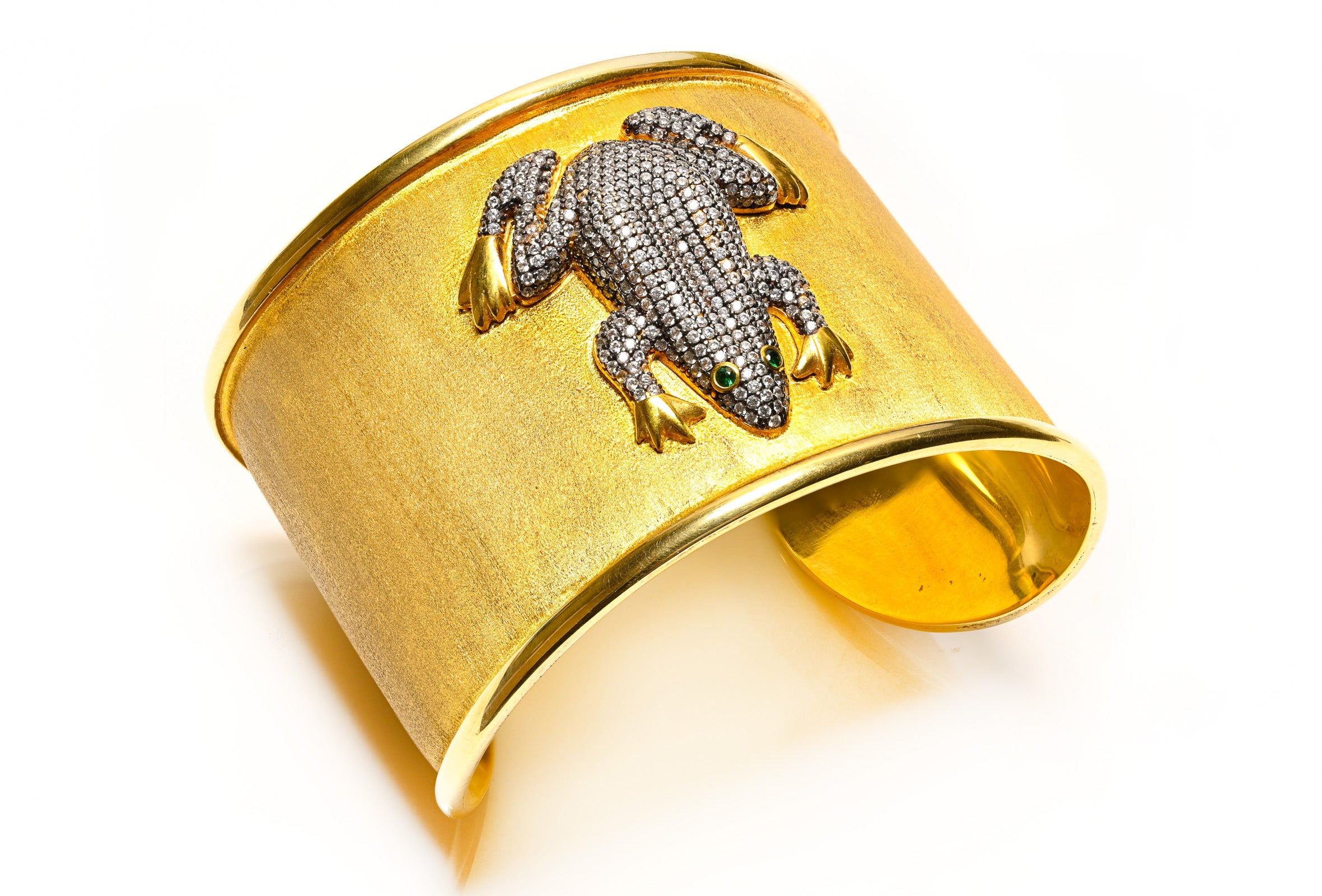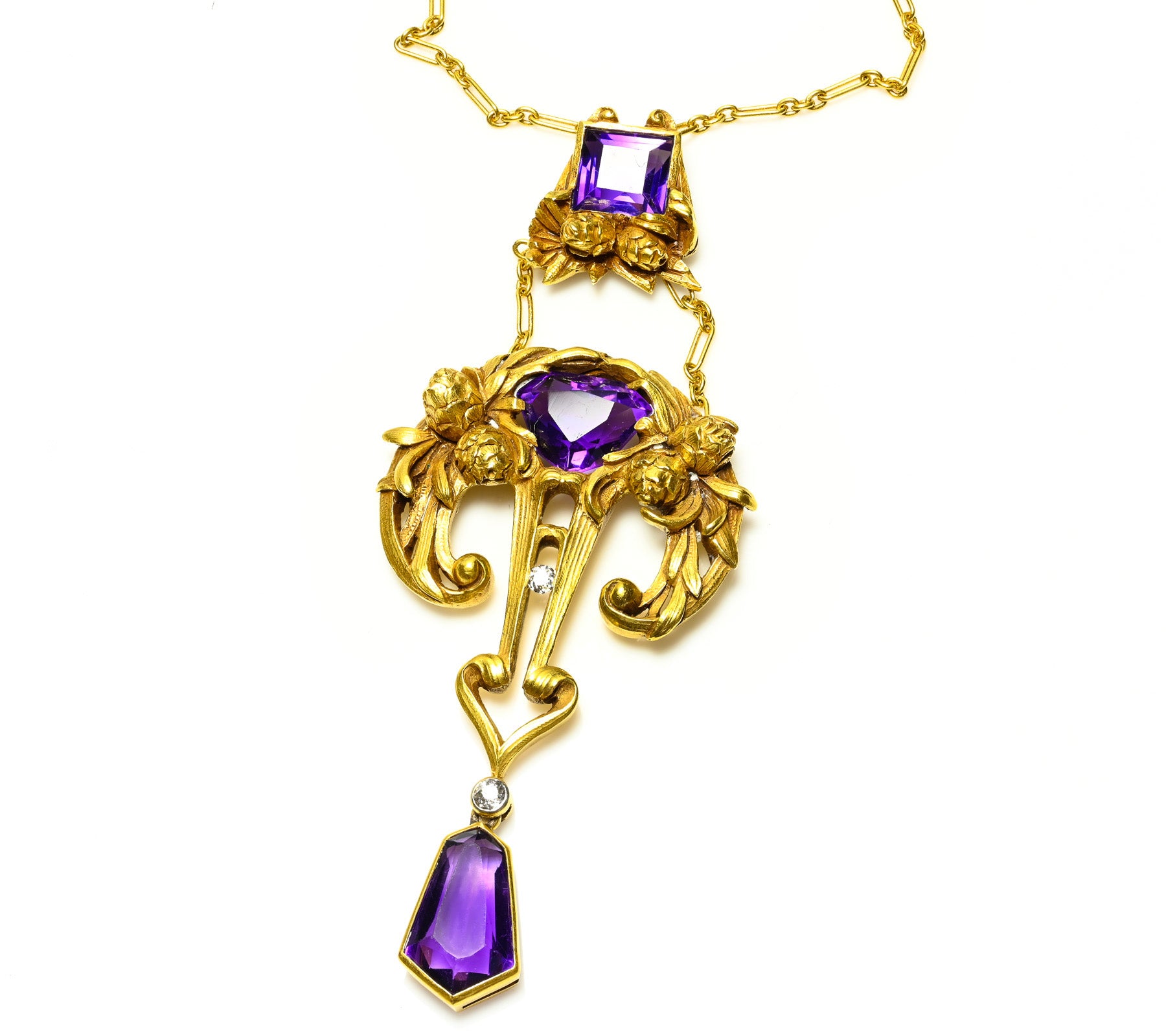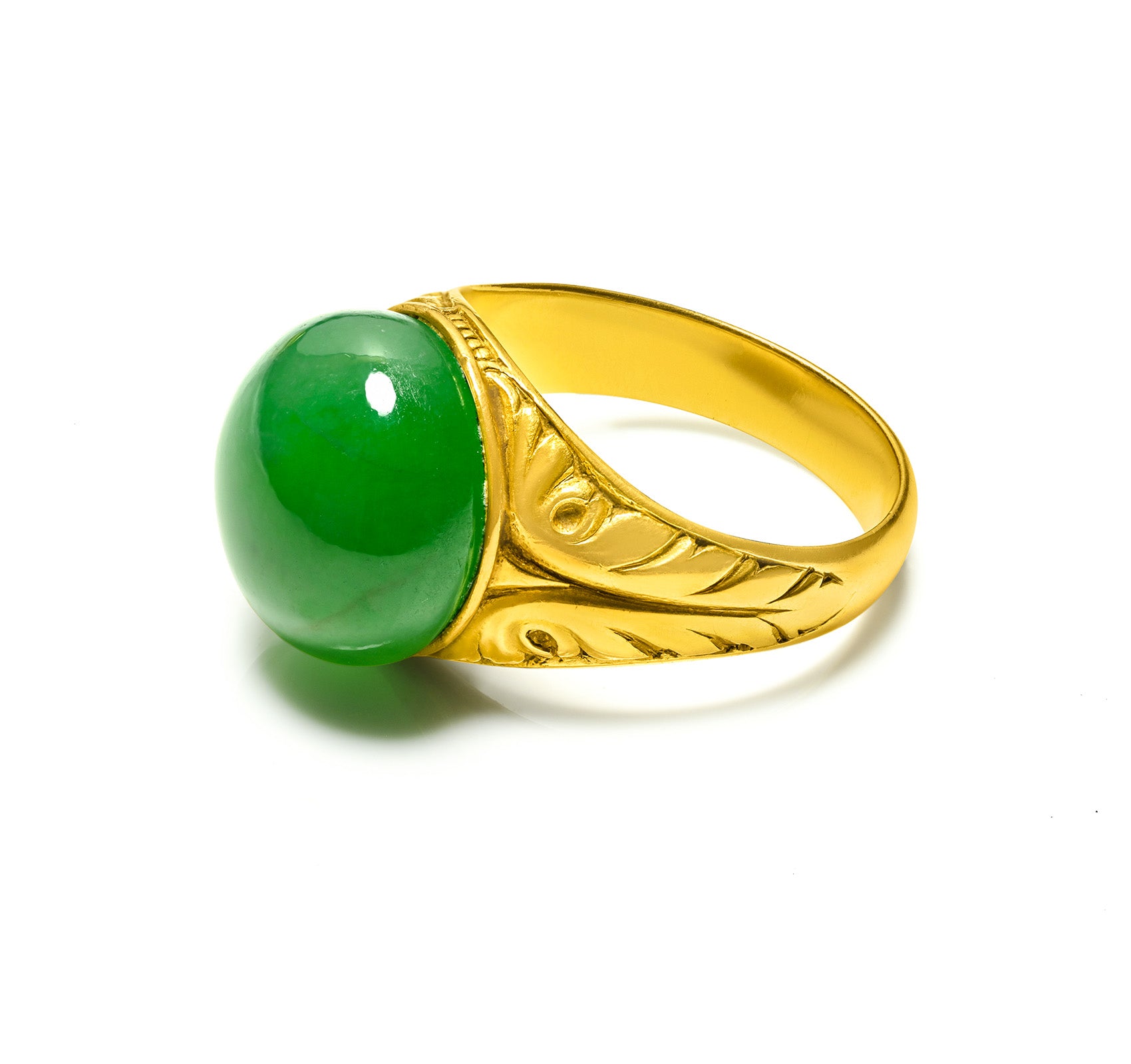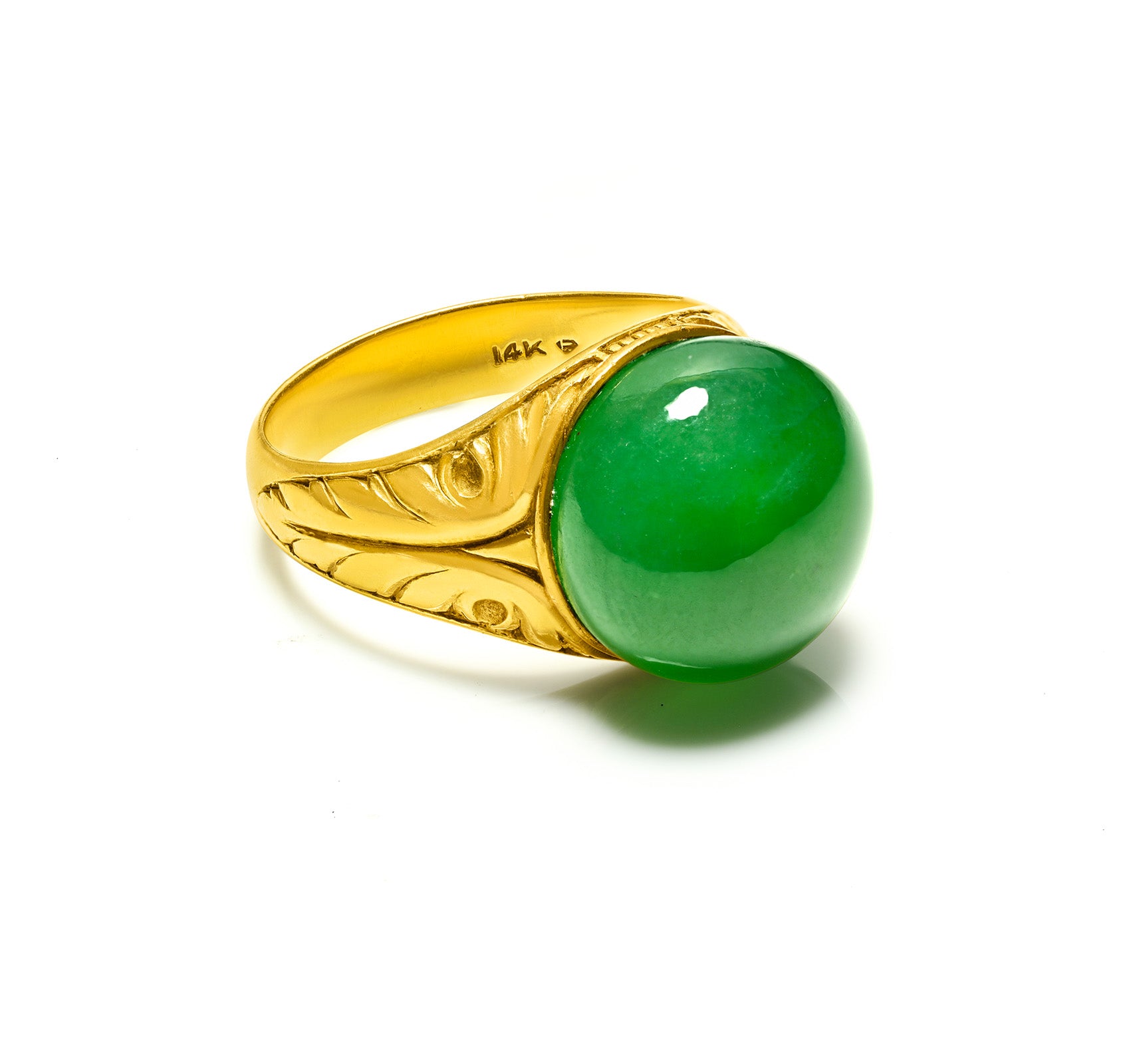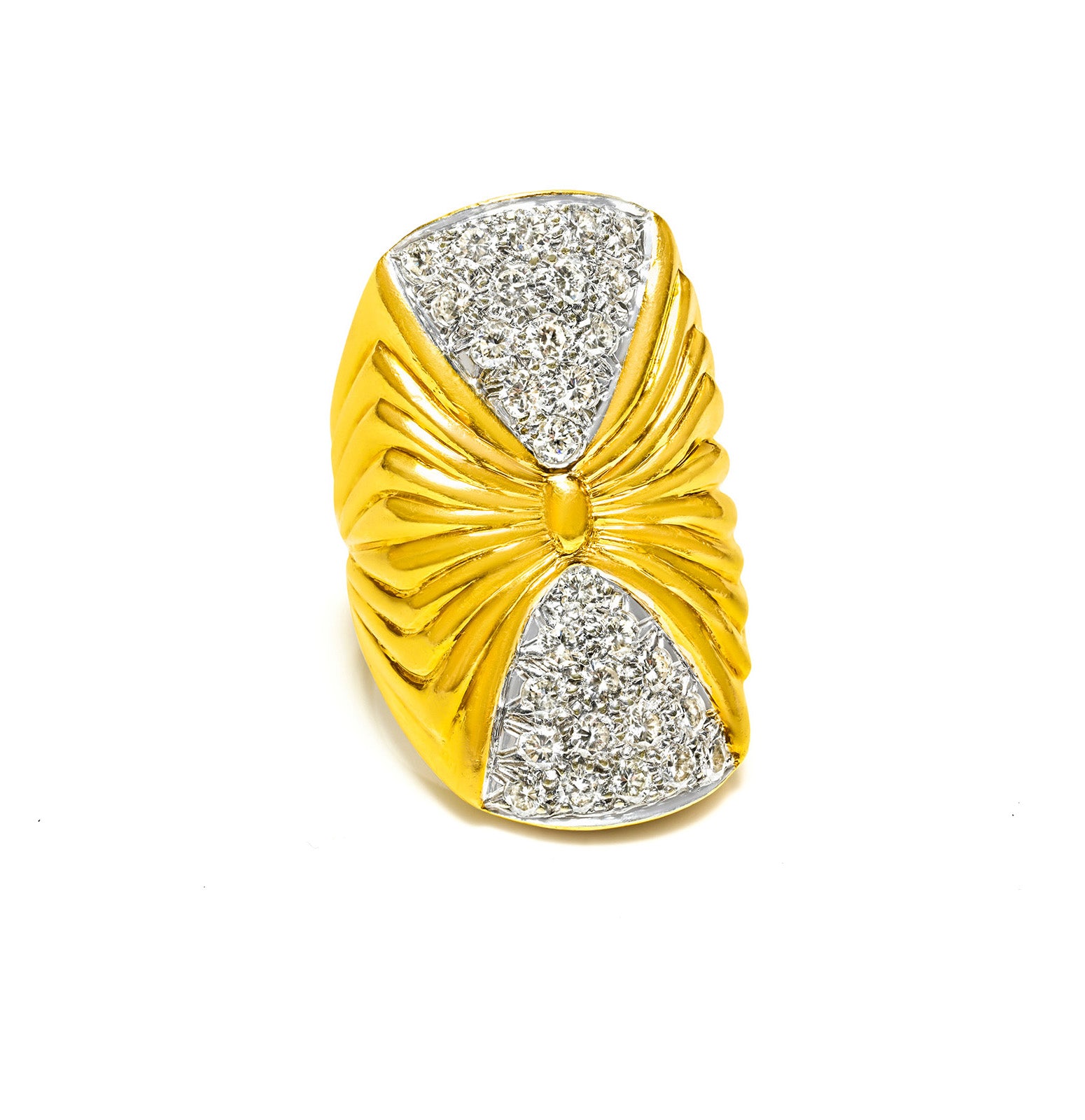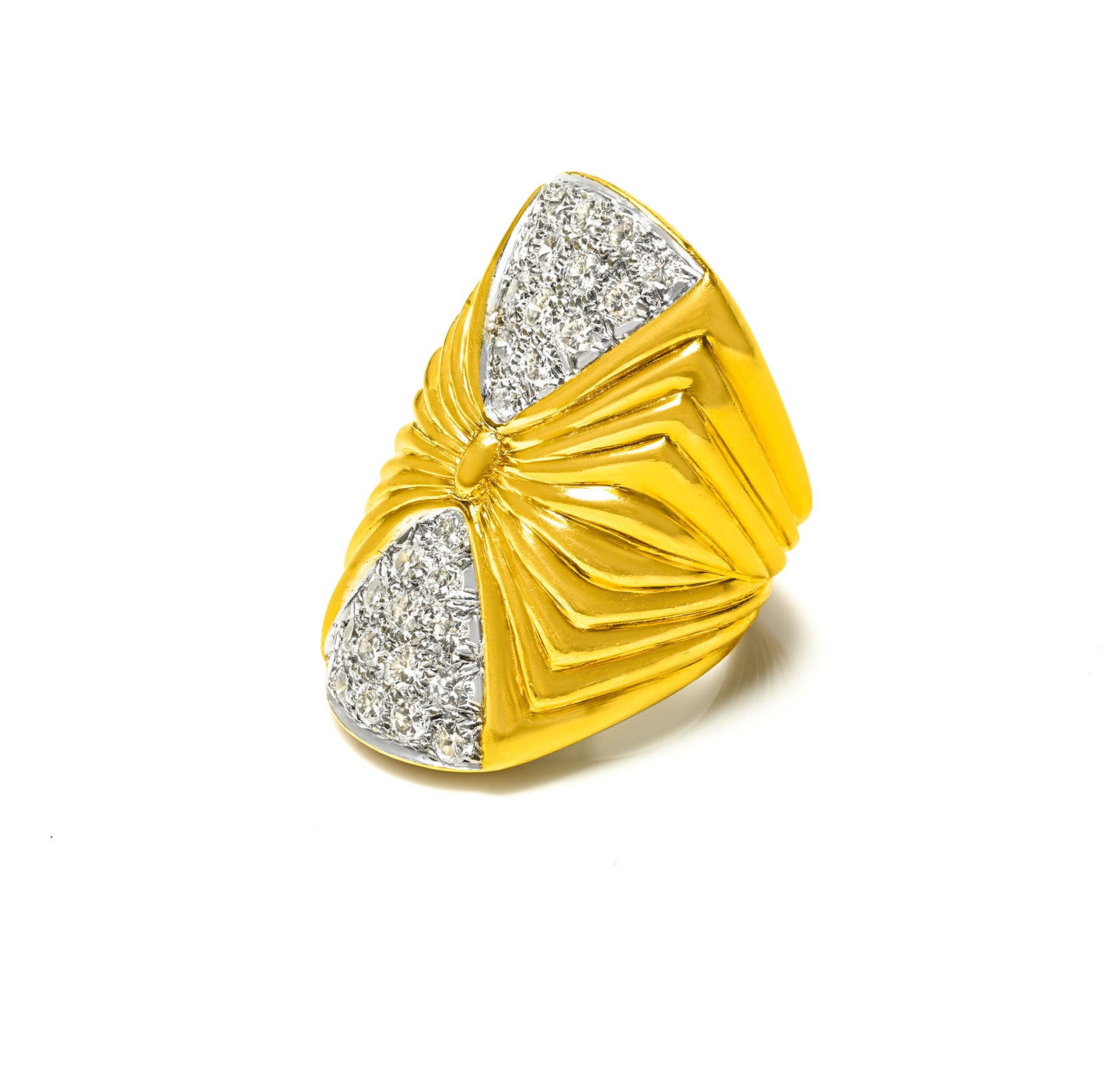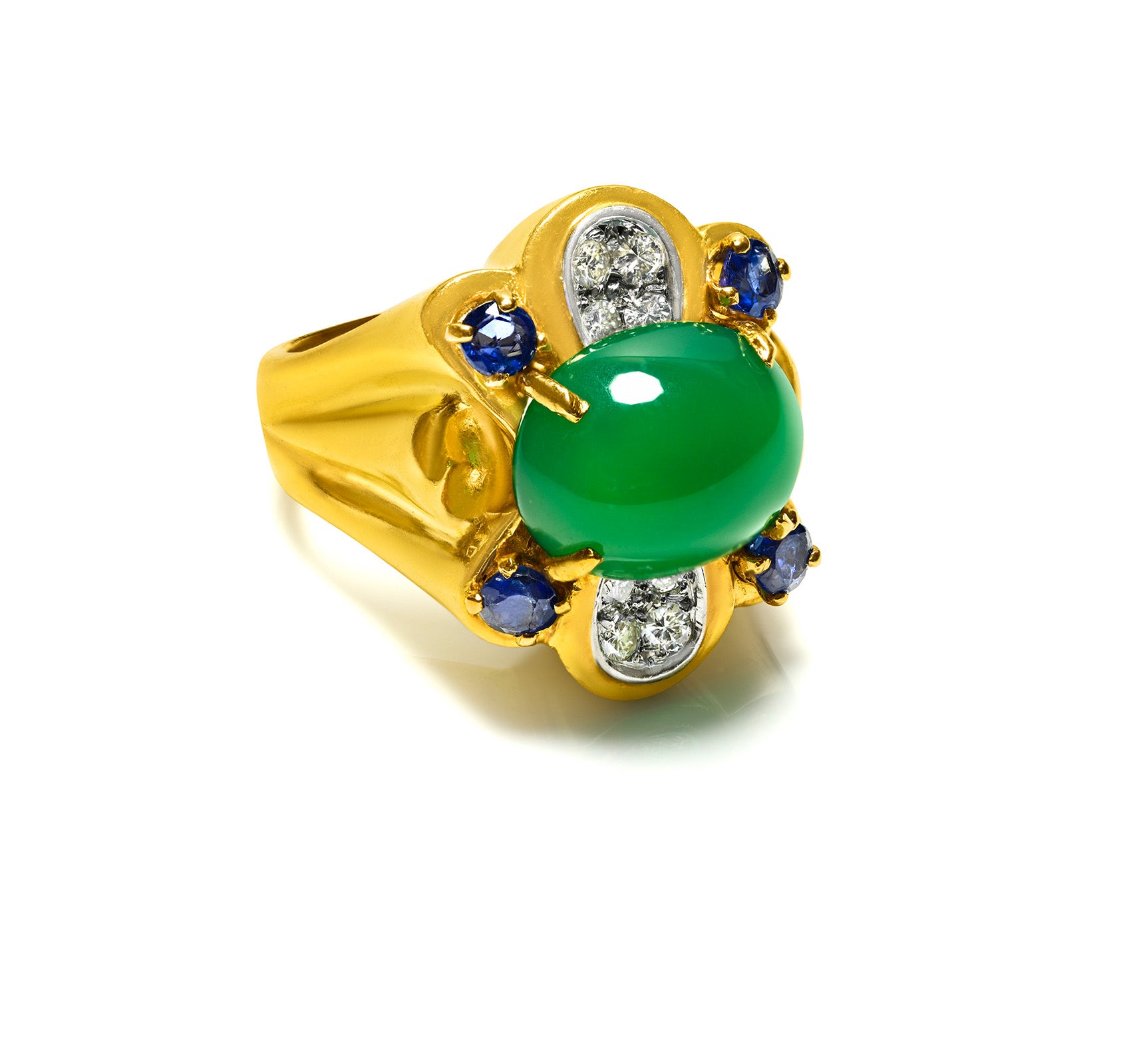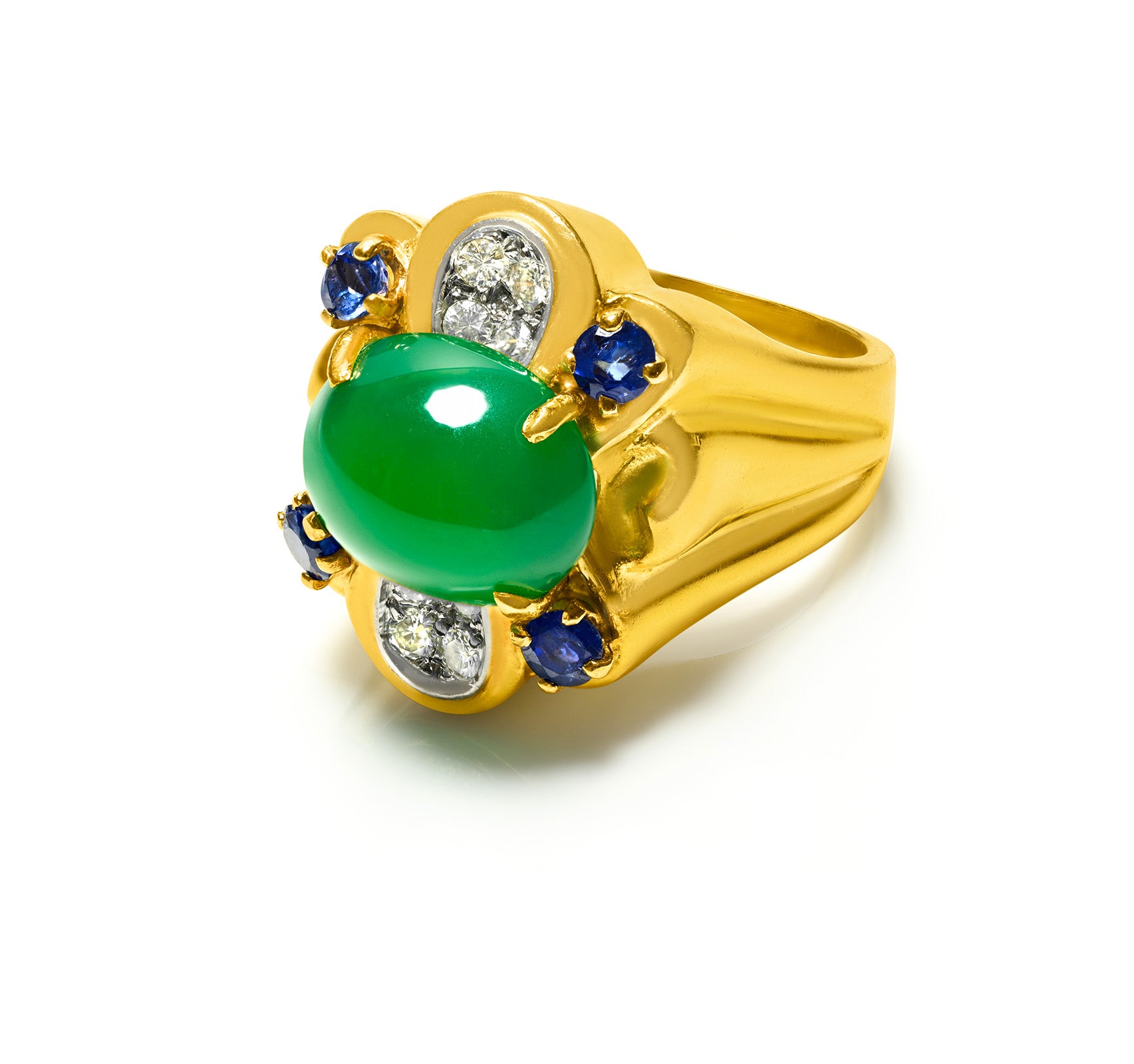
How To Stay Healthy? Ancient Chinese Medicine Reveals The Secrets
Harmony and Balance are the keys to a healthy and happy life. The ancient Chinese knew how to get there. Let us share their secrets with you.
In the last couple of years, during which the world was hit by the pandemic waves of Covid, we all learned that health is one of the most precious gifts we have. The most affected people were those with co-morbidities, the people that carried illness for years... But how can we better preserve our health? How can we be in a good shape both physically and mentally?
If we look back to ancient wisdom, we'll see that there is a way. Ancient Chinese people knew very well that good health came from internal harmony, from balance. Balance in life, balance in the relations with the outer world, and yes, balance in the relations with yourself, your needs, desires, sorrows.
The human body is a universe in itself, a universe connected to the outside world and influenced by it. The interactions with the exterior world manifest in us in the form of emotions, feelings and when these are incorrectly balanced we might become sick.

The human body reacts to a number of things, such as seasons, color, and sound. All these correspond to the five elements. The seasons are spring, summer, autumn, and winter. The colors are red, yellow, white, black and green. The sounds are: do, re, mi, fa, sol, and la. Even the moral and ethical aspects correspond to the five elements. For example, benevolence corresponds to wood, justice corresponds to metals, good manners correspond to water; wisdom corresponds to fire, and trust to the earth.
There are five windows that connect the outside world to the major systems in the body. Traditional Chinese medicine calls them "openings". The mouth corresponds to the spleen, the nose to the lungs, the eyes to the liver. For the heart, we have the tongue. We have ears for the kidneys. Human beings can learn more about the outside world by observing these openings.
The relationships between the five systems and the five elements are as follows:
Five elements: earth, metal, wood, fire, and water.
Five holes: mouth, nose, eyes, tongue, and ears.
Five colors: yellow, white, green, red, and black.
Five notes: Do, re, mi, sol si la.
Five internal organs: spleen, lungs, liver, heart, and kidneys.
Five tubular organs: stomach, large intestine, gallbladder, small intestine, and bladder.
Five principles: trust, fairness, justice, wisdom, and politeness.
Each element is closely related to the other four. For example, when the ears - the orifice corresponding to the kidney - listen to wonderful music, the other four organs also benefit. If the eyes see something pleasant, the other four organs enjoy the beauty. When the inner senses of sounds and colors pass through the inner organs, they awaken our moral elements. In other words, it helps a person to behave like a noble human being.
Ancient Chinese philosophers believed that the opposition and fluctuation of yin and yang were inherent in nature itself, and thus the opposition, the rise, and fall of yin and yang was the basic law of the universe.
Everything contains yin and yang. They are two opposite yet complimentary energies and good health is believed to come from a balance of yin and yang. Although they are opposite in their individual qualities and nature, they are interdependent and complementary. Yin and yang cannot exist one without the other.
In the Chinese Yin-Yang model, yin (the black) contains a seed of yang (figured as a white dot), while yin also has its seed of yang, When yin and yang are balanced, this results in interior harmony and health.

In terms of personal health, if you think of how you feel when you are really well, you'll see that your sense of well-being comes from harmony. You go with the flow, you enjoy the outside world and the emotions stirred in you are harmonious and balanced.
Ying & Yang And The Five Elements In Our Bodies

In the last couple of years, during which the world was hit by the pandemic waves of Covid, we all learned that health is one of the most precious gifts we have. The most affected people were those with co-morbidities, the people that carried illness for years... But how can we better preserve our health? How can we be in a good shape both physically and mentally?
If we look back to ancient wisdom, we'll see that there is a way. Ancient Chinese people knew very well that good health came from internal harmony, from balance. Balance in life, balance in the relations with the outer world, and yes, balance in the relations with yourself, your needs, desires, sorrows.
The human body is a universe in itself, a universe connected to the outside world and influenced by it. The interactions with the exterior world manifest in us in the form of emotions, feelings and when these are incorrectly balanced we might become sick.

Picture Credit: Minghui.org
The Theories That Guide Chinese Medicine
In traditional Chinese medicine, the human body is divided into five systems: wood, fire, earth, metal, and water. Human organs and tissues correspond to the five elements. The five systems of the body not only self-regulate according to the laws of yin and yang, but also connect with the five elements in the outside world, and their purpose is to achieve health.The human body reacts to a number of things, such as seasons, color, and sound. All these correspond to the five elements. The seasons are spring, summer, autumn, and winter. The colors are red, yellow, white, black and green. The sounds are: do, re, mi, fa, sol, and la. Even the moral and ethical aspects correspond to the five elements. For example, benevolence corresponds to wood, justice corresponds to metals, good manners correspond to water; wisdom corresponds to fire, and trust to the earth.
There are five windows that connect the outside world to the major systems in the body. Traditional Chinese medicine calls them "openings". The mouth corresponds to the spleen, the nose to the lungs, the eyes to the liver. For the heart, we have the tongue. We have ears for the kidneys. Human beings can learn more about the outside world by observing these openings.
The relationships between the five systems and the five elements are as follows:
Five elements: earth, metal, wood, fire, and water.
Five holes: mouth, nose, eyes, tongue, and ears.
Five colors: yellow, white, green, red, and black.
Five notes: Do, re, mi, sol si la.
Five internal organs: spleen, lungs, liver, heart, and kidneys.
Five tubular organs: stomach, large intestine, gallbladder, small intestine, and bladder.
Five principles: trust, fairness, justice, wisdom, and politeness.
Each element is closely related to the other four. For example, when the ears - the orifice corresponding to the kidney - listen to wonderful music, the other four organs also benefit. If the eyes see something pleasant, the other four organs enjoy the beauty. When the inner senses of sounds and colors pass through the inner organs, they awaken our moral elements. In other words, it helps a person to behave like a noble human being.
The Yin And Yang Theory
Yin and yang are the pillar principles of Chinese philosophy and medicine. As ancient Chinese literature says, understanding the principle of yin and yang is very simple. It means dark (shady side) and light (bright side), which later meant cold and hot, up and down, left and right, in and out, day and night, man and woman, active and passive, and so on.Ancient Chinese philosophers believed that the opposition and fluctuation of yin and yang were inherent in nature itself, and thus the opposition, the rise, and fall of yin and yang was the basic law of the universe.
Everything contains yin and yang. They are two opposite yet complimentary energies and good health is believed to come from a balance of yin and yang. Although they are opposite in their individual qualities and nature, they are interdependent and complementary. Yin and yang cannot exist one without the other.
In the Chinese Yin-Yang model, yin (the black) contains a seed of yang (figured as a white dot), while yin also has its seed of yang, When yin and yang are balanced, this results in interior harmony and health.

In terms of personal health, if you think of how you feel when you are really well, you'll see that your sense of well-being comes from harmony. You go with the flow, you enjoy the outside world and the emotions stirred in you are harmonious and balanced.
Ying & Yang And The Five Elements In Our Bodies

Emotions And Health
Traditional Chinese medicine teaches us that sickness is often caused by emotions: over-joy, sadness, anger, resentment, melancholy, fear, and fright can make us sick. The psychological relationship between emotions and the immune system is of overwhelming importance. Excessive or repressed emotions will make us vulnerable to chronic diseases, and, in exchange, chronic diseases make us vulnerable to excessive or repressed emotions. (source, Lesley Tierra - "Healing with Chinese Herbs").
In time, an excessive emotion will damage the organ that is associated with it. Conversely, an unbalanced organ can cause an intense manifestation of emotions that are directly connected to it. Knowing our emotional problems helps us to heal our bodies.
For example, a person who is frequently irritated, angry, frustrated, or depressed may experience liver congestion or excessive heat in the liver. This will result in symptoms such as red face and eyes, tinnitus, dizziness, migraines, sore throat and shoulders, sleep disturbances, constipation, premenstrual symptoms, painful and irregular menstruation, dizziness, vomiting, and other digestive issues. Instead, a person suffering from these symptoms (caused by an excessive diet of fat, alcohol, caffeine, a stressful lifestyle, and repressed emotions for a longer period) will begin to show irritation, frustration, depression, and anger without having any logical reason.
If this person works in the right way and gets rid of frustration, irritability, and anger (writing, creativity, movement, etc.) his liver will decongest and the "heat" in the liver will dissipate and the person will become less prone.
Let's take each of the seven emotions in turn and see what effect they have on the body:
Over-Joy
Within the seven emotions, over-joy is characterized by increased excitability. This condition affects the heart and can lead to insomnia, anxiety, confused thinking, laughter or crying, seizures, hysteria, and insanity.
Anger
In time, an excessive emotion will damage the organ that is associated with it. Conversely, an unbalanced organ can cause an intense manifestation of emotions that are directly connected to it. Knowing our emotional problems helps us to heal our bodies.
For example, a person who is frequently irritated, angry, frustrated, or depressed may experience liver congestion or excessive heat in the liver. This will result in symptoms such as red face and eyes, tinnitus, dizziness, migraines, sore throat and shoulders, sleep disturbances, constipation, premenstrual symptoms, painful and irregular menstruation, dizziness, vomiting, and other digestive issues. Instead, a person suffering from these symptoms (caused by an excessive diet of fat, alcohol, caffeine, a stressful lifestyle, and repressed emotions for a longer period) will begin to show irritation, frustration, depression, and anger without having any logical reason.
If this person works in the right way and gets rid of frustration, irritability, and anger (writing, creativity, movement, etc.) his liver will decongest and the "heat" in the liver will dissipate and the person will become less prone.
Let's take each of the seven emotions in turn and see what effect they have on the body:
Over-Joy
Within the seven emotions, over-joy is characterized by increased excitability. This condition affects the heart and can lead to insomnia, anxiety, confused thinking, laughter or crying, seizures, hysteria, and insanity.
Anger
Resentment, frustration, irritability, anger, indignation, bitterness, animosity affect the liver and cause headaches, tinnitus, dizziness, blurred vision, mental confusion, vomiting, high blood pressure, premenstrual syndromes, depression, breast swelling before menstruation, irregular or painful menstruation and digestive disorders.
Sadness
Sadness
Sadness affects both the lungs and the heart and causes shortness of breath, depression or crying, fatigue, amenorrhea, shallow and irregular breathing, reduced resistance to colds and flu, dizziness, insomnia, and anxiety.
Melancholy/Over-thinking
Melancholy/Over-thinking
Melancholy is also known as meditative or obsessive. It disrupts the functions of the spleen and causes loss of appetite, fatigue, dampness, poor digestion, bloating, soft stools, anemia, and decreased immunity.
Grief/Sorrow
Grief/Sorrow
Grief/Sorrow affects the lungs and leads to breathing difficulty, expectoration of mucus, sweating, fatigue, cough, allergies, asthma, pneumonia, bronchitis and other lung diseases, anxiety, and sensitivity to colds and flu.
Fear
Fear
Insecurity, paranoia, and anxiety affect the kidneys and adrenal glands and can cause nocturnal enuresis, frequent urination, urinary incontinence, back and knee pain, ear infections, infertility, low libido, signs of premature aging, and decreased immunity.
Fright
Fright
Fear affects both the kidneys and the heart and causes palpitations, dyspnea, insomnia, dizziness, tinnitus, night sweats, and chronic fatigue.
The treatment of the organs affected by excessively repressed emotions (vices) can be done by "cultivating virtue." Ancient Chinese doctors used one positive emotion to suppress/treat the negative one that caused disharmony in the body.
The treatment of the organs affected by excessively repressed emotions (vices) can be done by "cultivating virtue." Ancient Chinese doctors used one positive emotion to suppress/treat the negative one that caused disharmony in the body.
Below is the relationship between certain organs and their specific emotions:
Liver
Liver
Vice: anger, frustration
Virtues: goodwill, forgiveness, esteem, respect
Heart
Virtues: goodwill, forgiveness, esteem, respect
Heart
Vice: over-joy; over-reacting
Virtues: compassion, self-care
Lungs
Virtues: compassion, self-care
Lungs
Vice: pain, sadness
Virtues: conscientiousness, self-reconciliation
Spleen
Virtues: conscientiousness, self-reconciliation
Spleen
Vice: obsession, excessive thinking
Virtues: empathy, egocentrism
Kidney
Virtues: empathy, egocentrism
Kidney
Vice: fear, paranoia, worries
Virtues: courage, wisdom
How To Prevent Illness And Help Your Organs Stay Healthy Or Heal Faster (if ill):
Liver: offer yourself relaxation, peace. Try healing herbs
Heart: it needs love, joy, beauty
Lungs: they need confidence, time, and space
Spleen: protection and try healthy nutrition
Kidneys: ideal for them are peace, meditation, rest, sleep, drinking water
Virtues: courage, wisdom
How To Prevent Illness And Help Your Organs Stay Healthy Or Heal Faster (if ill):
Liver: offer yourself relaxation, peace. Try healing herbs
Heart: it needs love, joy, beauty
Lungs: they need confidence, time, and space
Spleen: protection and try healthy nutrition
Kidneys: ideal for them are peace, meditation, rest, sleep, drinking water


